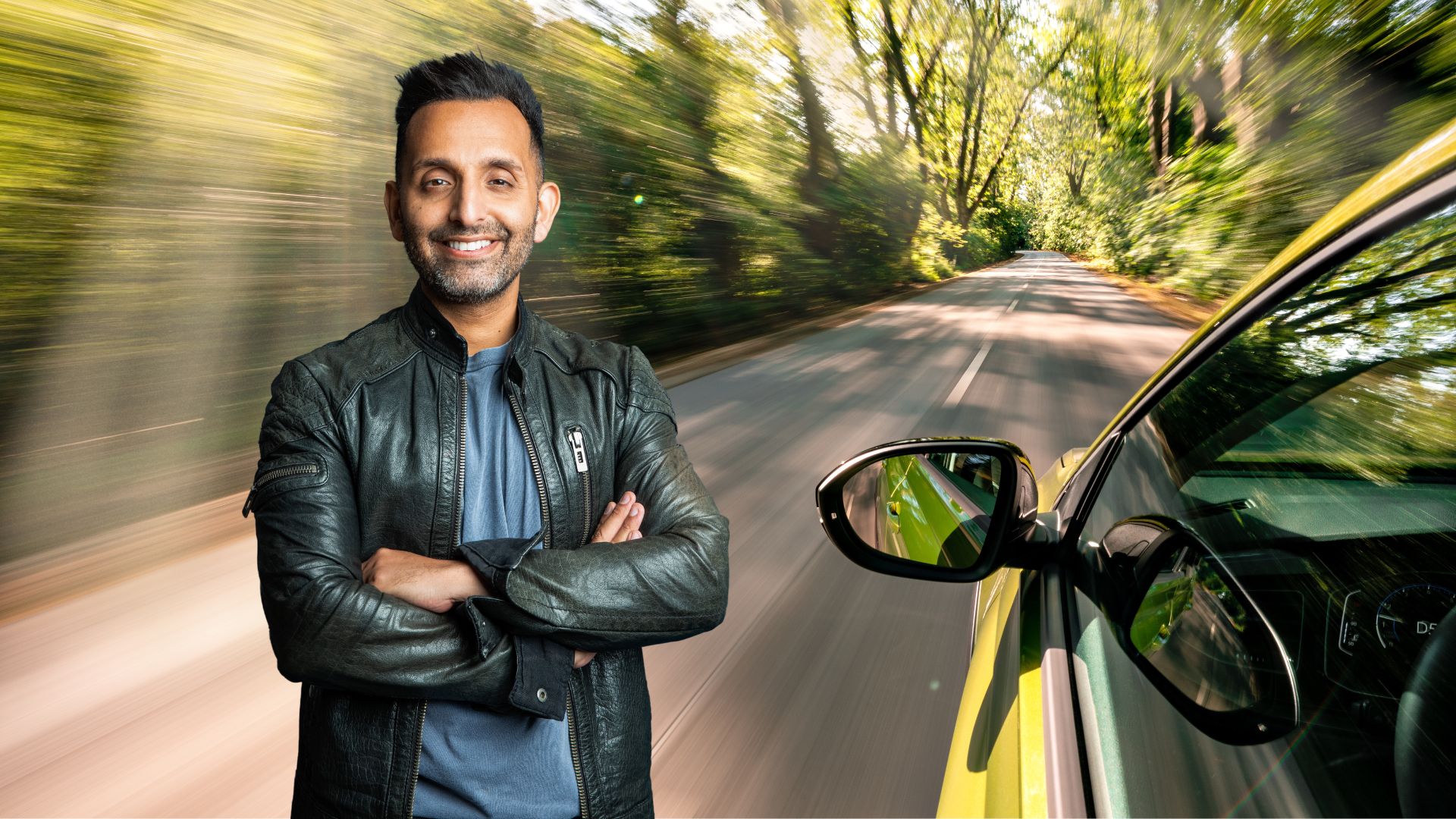
If you're planning a family trip away, whether that's a ferry trip over to France or a holiday in the UK that requires a lot of driving, you've likely wondered how to prevent car sickness for yourself or someone else.
Around 1 in 3 people are "highly susceptible" to motion sickness (also known as car sickness or travel sickness), and 8 in 10 are likely to experience it at some point, for reasons from menopause to lifestyle choices.
As well as being unpleasant, "it can take the joy out of travelling for you and your companions", says Dr Amir Khan, GP and frequent guest on This Morning and Lorraine. We've asked the doctor to share his insights on the condition for a better summer holiday.
How to prevent car sickness
First things first, sort out your surroundings. "If you are in a car or bus, aim for the passenger or window seat, so you can see the horizon clearly. Also, always choose a forward-facing seat," he says.
If you're not in a car, but on a boat, try to sit in the middle, as this will be the least bumpy.
Still feel sick? "Try and get some fresh air," the doctor says. "That might be rolling down your window or switching on the air vent to blow cool air onto you.
"Put down any book, tablet, or phone you're looking at, and instead focus on an object on the horizon. This can improve symptoms by giving your brain a point of reference to work from. It will then be able to decipher the other messages coming from your senses in a more ordered way," he says.
While there's no official 'cure' for car sickness, ginger or peppermint tea can help reduce feelings of nausea as some of the best foods for when you're feeling sick.
"If you can, lie back and close your eyes," he says. "Again, this helps reduce your senses from sending mixed messages back to your brain."
And if none of this works, the doctor says there are medications you can take with you on your trip. "These include antihistamines and/or antisickness medication."
Antihistimines, traditionally used to help prevent hay fever, block a chemical that impacts the nervous and digestive system called histamine, which can play a role in feelings of nausea.
Why am I getting car sick so easily?
Car sickness is traditionally something that happens when you're sitting still in a moving vehicle. "It happens because the eyes, inner ears, and body send conflicting messages to the brain, which can't process them properly. This leads to the usual symptoms of nausea and vomiting, but it can also cause dizziness, sweats, and headaches," says Dr Khan.
While not much research has been done on what makes one person more likely to experience car sickness than another, or how to prevent car sickness totally, some factors have been linked to susceptibility. These include:
- Genetics: A study in Human Molecular Genetics found genetic variations in over 35 genes linked to motion sickness, with differences in eye development and structure of the otoliths - tiny structures in the inner ear responsible for sensing gravity and movement.
- Gender: Spikes in oestrogen could be partially responsible for your motion sickness, with hormonal changes linked to nausea and dizziness. If you only feel car sick occasionally, hormonal changes (including those linked to perimenopause) could be to blame.
- Age: According to the Cleveland Clinic, children between 2 and 12 are most likely to experience car sickness. However, it can affect people of any age.
- Migraines: If you're prone to migraines, you may be more prone to car sickness. A study published in Progress in Neurobiology linked the two conditions.
- Eating and drinking: Drinking alcohol before you get into the car can disrupt the nervous system and the body's sense of balance. Eating heavy, spicy, or greasy foods may also make you feel sicker in the car than you would otherwise.







